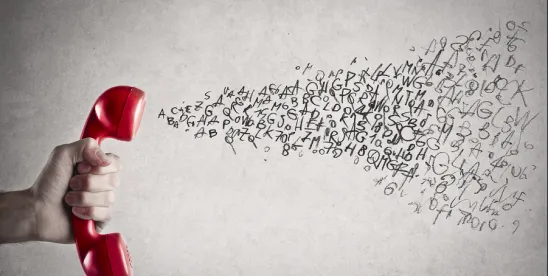It might work for opossums, but as I reported a few weeks back, playing dead in TCPAWorld is not a winning strategy—it just makes it easier for a court to certify a class against you.
While it wasn’t too long ago that courts mused whether a Defendant could allow a default to be entered against it in a bid to avoid certification in TCPA cases, those days are long gone. Nowadays courts are moving swiftly to certify classes where a Defendant has elected not to respond to a complaint.
The most recent case on point is Lehman vs. Calls After Hours, LLC, Case No.: 1:18-cv-2601-SO, Doc. No. 12. (N.D. Oh. Aug. 16, 2019). The ruling can be found here: Order Granting Conditional Class Cert
There Defendant failed to respond to a complaint served back in February, 2019. Default was entered in late March, 2019 and Plaintiff swiftly moved to certify the class in light of Defendant’s failure to appear in the action.
The Court begins its analysis by concluding that even in a default it must assures that the Rule 23 factors are met. That sounds promising for Defendant but the Court also finds: “[o]nce a default has been entered by the clerk, all of Plaintiff’s well-pleaded allegations are deemed admitted… [including] specific allegations relating to the prerequisites for class certification under Federal Rule 23.” Uh oh.
Relying on the allegations of the complaint, the Court swiftly determined numerosity, commonality, typicality and adequacy were met. It paused a bit longer on the predominance prong—but really only to cast mud in Defendant’s eye. It notes that “[p]redominance is easily satisfied in TCPA fax class actions” because common issues surround whether sending a fax violated the TCPA. In the Court’s view: “the predominance requirement is satisfied because the common questions of law and fact relevant to the Classes’ TCPA claim have common answers for the Classes, including specifically the question of whether the facsimiles sent by, or on behalf of, Defendant were made without consent, and whether they contained the necessary opt-out language.” Yes, this is short shrift—but what do you expect with a defaulted Defendant?
As to superiority, the court accepts Plaintiff’s allegations that: “Defendant’s business practices apply to and affect the members of the Classes uniformly, and Plaintiff’s challenge of those practices hinges on Defendant’s conduct with respect to the Classes as whole, not on facts or law applicable only to Plaintiff.” And that was that.
On this basis the Court certified two classes: i) a class of all individuals that received faxed advertisements without consent; and ii) a class of individuals who received faxed advertisements lacking a required opt out.
But the Court wasn’t done. It also ordered broad-ranging discovery: “Plaintiff is directed seek to obtain evidence sufficient to (1) identify members of the Classes for purposes of effectuating class notice and (2) determine Classwide and per Class member damages prior to the entry of final judgment.” That ought to be fun to respond to.
Make a note TCPAWorld: allowing a default to be taken against your company in a TCPA class action is a very bad idea. It almost assures that a class will be certified against you and you will be left defenseless in the face of invasive class discovery. Not to mention that any resulting judgment is likely to be crippling.




 />i
/>i
